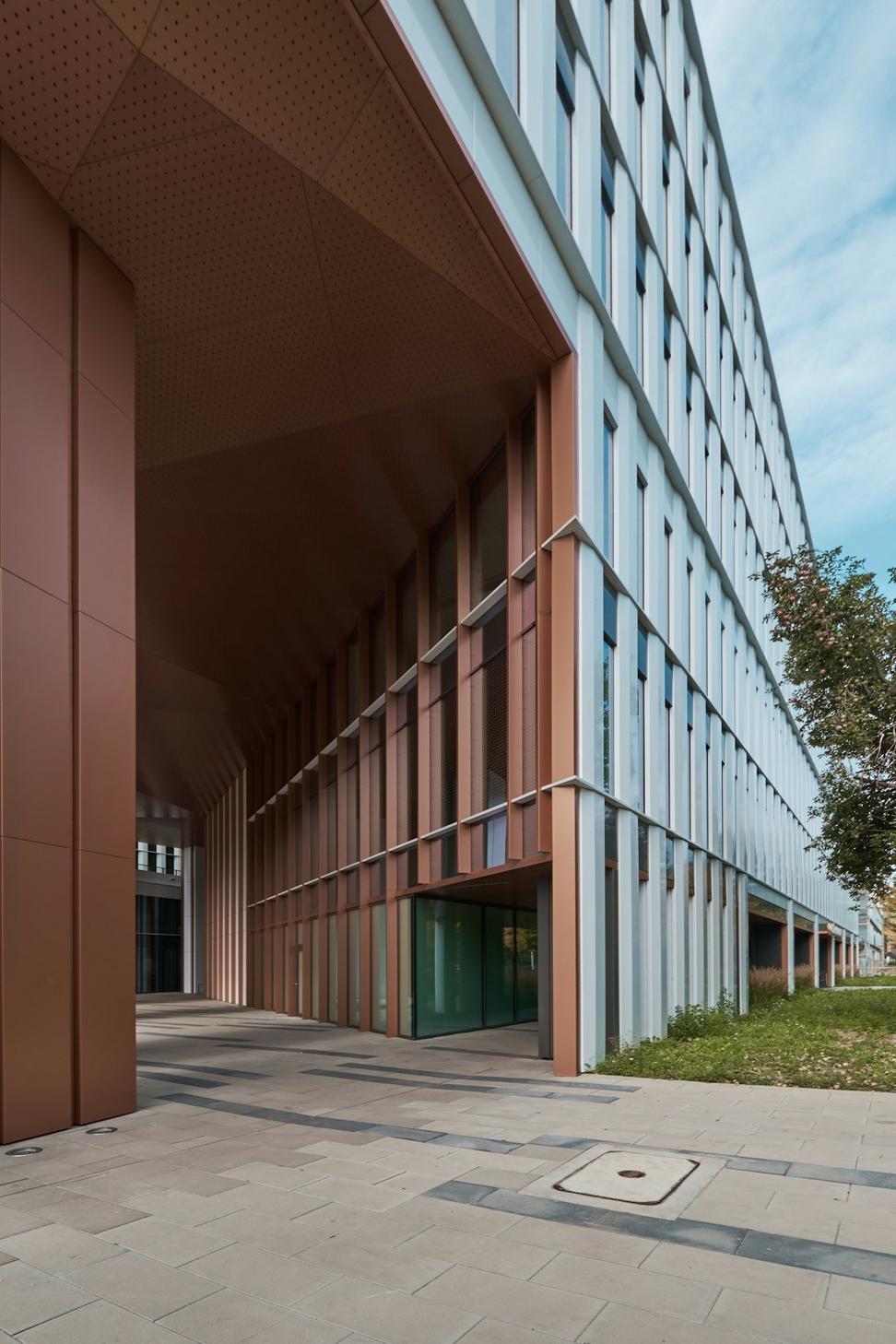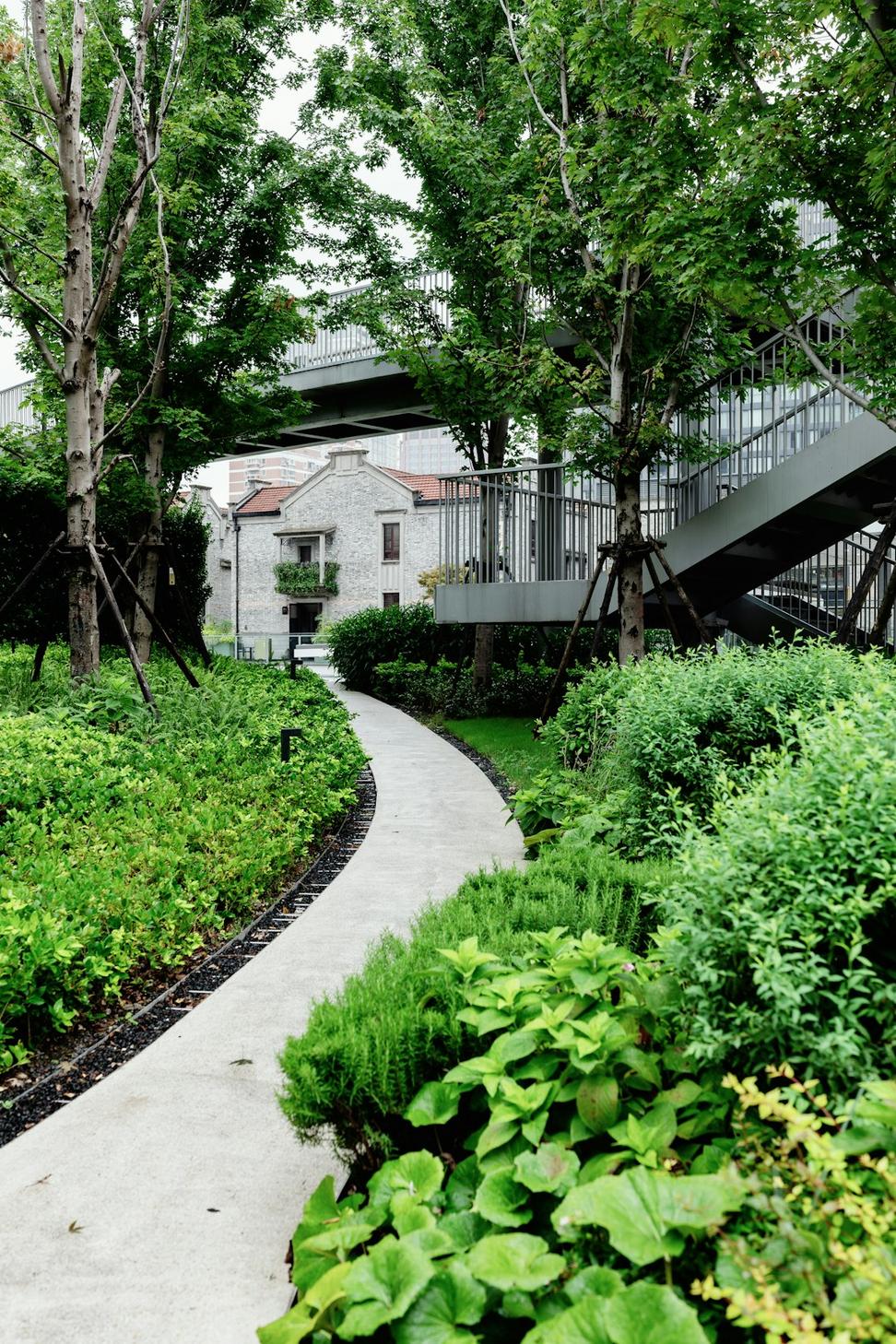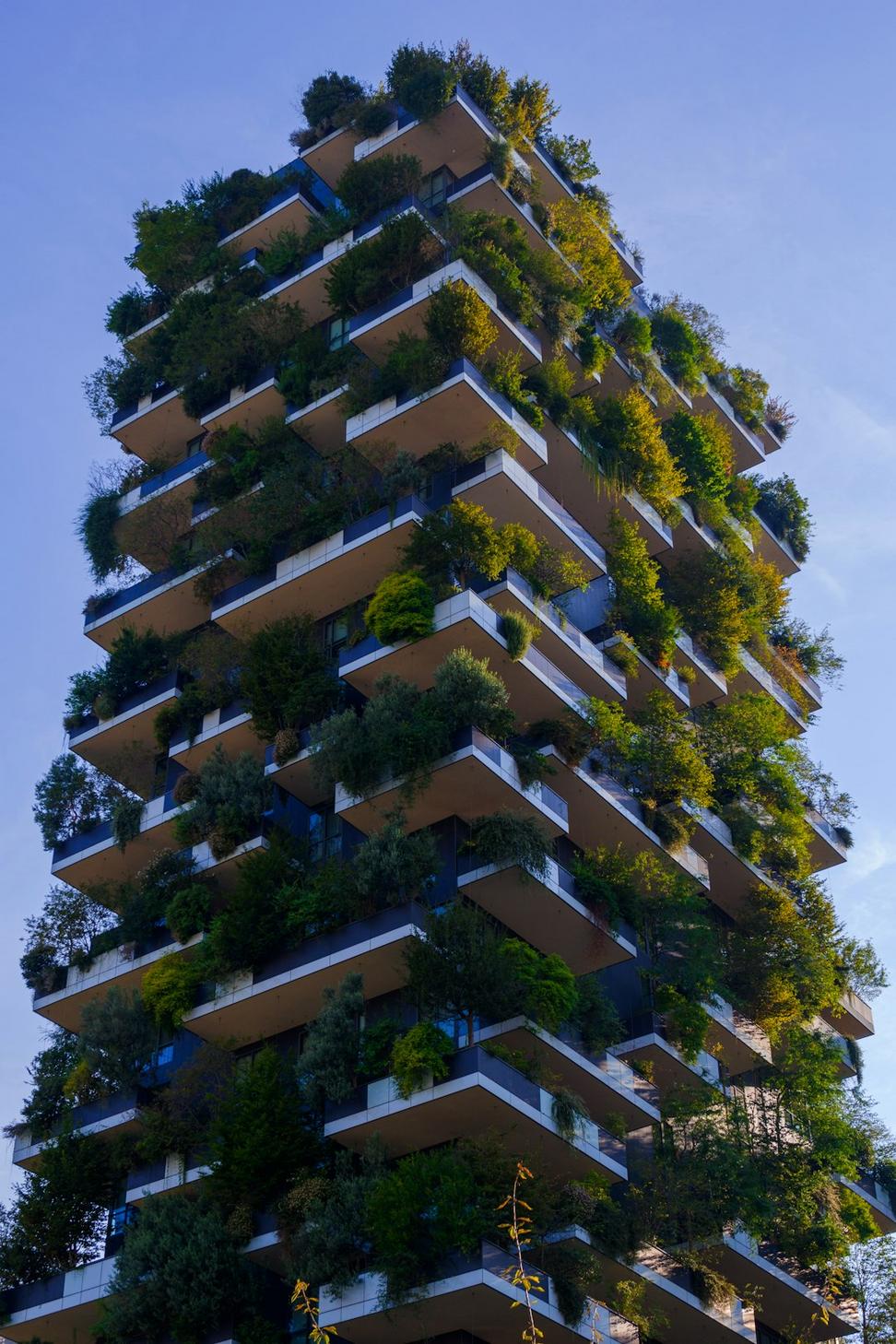
Why We're Obsessed With This
Look, the construction industry accounts for nearly 40% of global carbon emissions. That's... not great. When I started out in architecture fifteen years ago, sustainability was this trendy add-on. Now? It's literally the baseline if we wanna have cities that don't cook us alive.
Every project we take on gets scrutinized through the lens of: "Will this make things better or worse?" And if we can't honestly say better, we go back to the drawing board. It's that simple and that complicated.
We've been doing this long enough to know that fancy renderings mean nothing if the building doesn't perform. So we measure, track, and hold ourselves accountable to real numbers.

